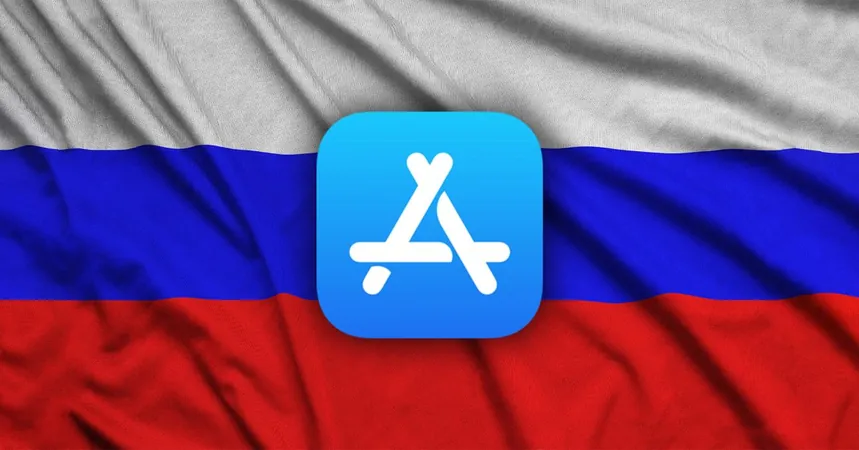
Apple Under Fire: Dozens of VPN Apps Pulled from Russian App Store Amid Criticism of Censorship
2024-09-28
Apple's Removal of VPN Apps: A Controversial Decision
In a significant move that has raised eyebrows and sparked controversy, Apple has removed nearly 60 VPN apps from its App Store in Russia, according to a recent report from GreatFire. This action comes amid Apple's ongoing efforts to navigate the complicated landscape of operating in Russia since the full-scale invasion of Ukraine began. The tech giant's decision to comply with Russian government regulations regarding censorship has reignited discussions about digital freedom and the responsibilities of tech firms in authoritarian regimes.
Implications of VPN Removals
Since the onset of hostilities in Ukraine, Apple has drastically curtailed its operations in Russia, including suspending product sales and limiting services like Apple Pay. However, it has maintained its App Store presence, which is now under scrutiny for removing key VPN applications that are vital for online privacy and security.
Disproportionate Removals
The report from GreatFire reveals that, since the start of the war, Apple has removed a total of 98 VPN apps, significantly more than the 25 apps banned by Russia's media regulator, Roskomnadzor. These VPNs included reputable services such as ExpressVPN, NordVPN, Norton Secure, Proton, and Bitdefender, all of which offer legitimate secure data practices. This disproportionate number of removals has raised serious questions about Apple’s transparency and its unspoken role in facilitating state-sponsored censorship.
Expert Opinions
Benjamin Ismail, the Director of the App Censorship Project at GreatFire, stated, “Apple’s silent removal of close to 60 VPN apps from the Russia App Store is not just alarming—it’s a direct threat to digital freedom and privacy. By unilaterally restricting access to these essential tools without transparency or due process, Apple is complicit in enabling government censorship.”
Balancing Act
By complying with Russia's strict internet laws, Apple is under pressure to enable government control over the dissemination of information. These laws require tech companies to cooperate with government censorship initiatives, and by limiting access to VPNs, authorities can more effectively monitor the online behavior of citizens.
Corporate Responsibility vs. Market Interests
This presents Apple with a delicate balancing act: continue operating in a market that may not be as profitable as it once was while also navigating the potential backlash from human rights advocates. The company continues to offer various services—including Apple Music, Apple TV+, and Apple Podcasts—in Russia, which indicates its desire to maintain a foothold in the region despite the geopolitical climate.
Global Commitments in Conflict
Critically, Apple’s obligation to adhere to local laws complicates its global commitments to user privacy and civil liberties. In previous statements, Apple has expressed that it is bound to follow the laws of the countries it operates in, even when it conflicts with wider human rights principles.
Looking Ahead
As this situation continues to evolve, the tech world and advocacy groups will be watching to see how Apple navigates these challenges. The tech giant is once again at a crossroads of ethical responsibility versus commercial interests, a dilemma that is likely to persist as global political tensions rise.
Stay tuned for further developments as we closely monitor Apple’s next moves in this contentious environment. The conversation on digital privacy and corporate complicity in censorship is far from over, and the implications of these actions will resonate long beyond the borders of Russia.


 Brasil (PT)
Brasil (PT)
 Canada (EN)
Canada (EN)
 Chile (ES)
Chile (ES)
 España (ES)
España (ES)
 France (FR)
France (FR)
 Hong Kong (EN)
Hong Kong (EN)
 Italia (IT)
Italia (IT)
 日本 (JA)
日本 (JA)
 Magyarország (HU)
Magyarország (HU)
 Norge (NO)
Norge (NO)
 Polska (PL)
Polska (PL)
 Schweiz (DE)
Schweiz (DE)
 Singapore (EN)
Singapore (EN)
 Sverige (SV)
Sverige (SV)
 Suomi (FI)
Suomi (FI)
 Türkiye (TR)
Türkiye (TR)